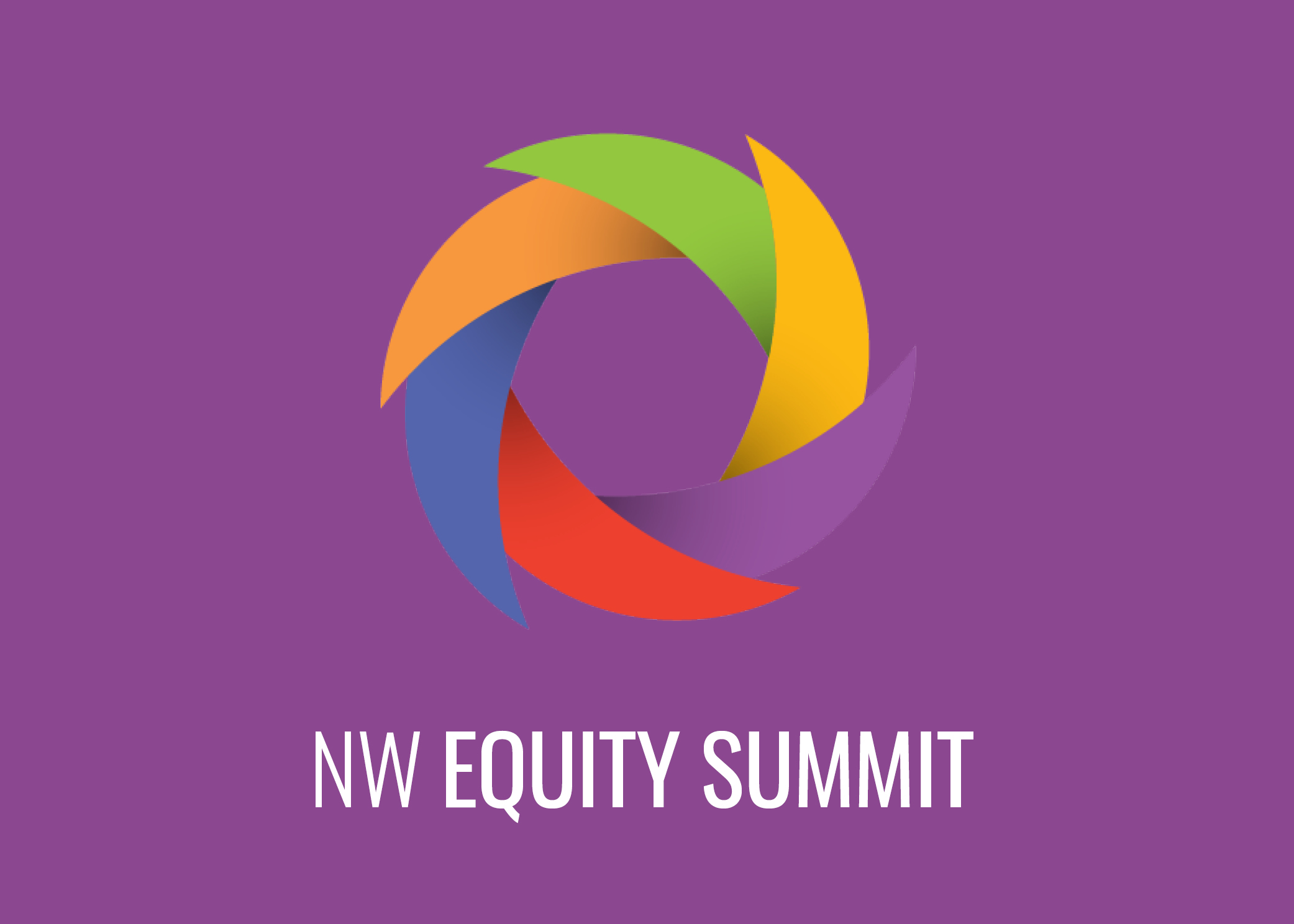
Nearly 1,100 people from all over the world gathered virtually to answer the question: We are in a defining moment in history, where do you stand in equity? That was the theme of Partners in Diversity’s inaugural NW Equity Summit, which took place May 4 and 5. At a time when our nation, especially communities of color, are mourning the loss of so many community members due to hate, injustice and disinformation, the Summit provided organizational and community leaders with insights and strategy that takes them beyond the standard refrain.
“This summit is digging deeper into the heart of DEI than any corporate-hosted DEI event my organization has hosted,” said Juliann, one of the attendees. “I am learning a lot and am grateful for speakers holding space for these conversations.”
Much of the conversation was around several key ideas of accountability, trust, solidarity and change.
CEOs and other institutional leaders are used to making money and answering to the shareholders. However, in this moment in history, former UPS president Rosemary Turner said that there is cause for “recalibration.” She said that it is time for leaders to decide which side of equity they will stand and make the right decisions for their employees and their families, their customers and other stakeholders. “It’s more than donating to the NAACP and letting them to do the work. Your employees are not satisfied,” said Turner. “Do the work.”
For some organizations, that work might start from within. Spoken word artist, Brianna Renae, presented a new piece that she wrote specifically for the NW Equity Summit entitled “Open Doors.” It served as a reminder that we need to rebuild our houses – literally and figuratively – so that all can enter safely. Dr. Tiffany Jana, CEO of TMI Consulting, said that this means first recognizing the problem. “Many leaders don’t even see that their house is on fire,” she said. Their people are breathing in the smoke, yet they don’t see it or get it.” Lily Zheng, a DEI coach, encouraged people and organizations to take time to repair the damage to the house – in this case: past harm and trauma — before moving forward. “Go back to the people harmed and figure out how to make it right,” said Zheng.
Repairing past harm and trauma is the first step in regaining trust from your employees of color. That trust, however, can be tenuous.
As we have seen in the weeks following the murder of George Floyd and again after the shooting deaths of six Asian women near Atlanta, organizations issued grand statements about racism, equity and justice. According to Zheng, employee trust spiked immediately afterward. Couple months later, they said it dropped below the baseline, so the net effect was negative. Why? Because most leaders didn’t implement any real changes. Dr. Jana follow up by saying, “People and organizations can’t say they’re anti-racist without already doing the work to prove it.”
Implementing reach change means pushing back against the system of oppression that, according to Ian Haney Lopez, was built on a hoax. Haney Lopez, who wrote the books “Dog Whistle Politics” and “Merge Left,” argued that racism has been weaponized by powerful forces that seek profit and power for themselves, while encouraging conflict between whites and people of color. This strategy has been used for decades and depends on lies and fear-mongering. He said that people who promote racism would like us to think that DEI is a zero-sum game—that by helping the disadvantaged, it would mean those with privilege will somehow lose it. These people would want us to believe the lie that people of color are dangerous and undeserving.
The truth is, he said, racism is a strategy of divide-and-conquer. The number one threat facing our society is racial division that has been weaponized by people who benefit from this polarization. And the best anecdote is cross-racial solidarity. “Systems respond when individuals begin to move together,” said Haney Lopez. “Solidarity is the single most important thing any of us can be working to advance right now for our families.”
So where do we go from here? Nene Molefi and Dr. Alan Richter from the Centre for Global Inclusion shared a four-point model that focuses on a holistic approach to DEI work. A coalition of experts and coaches from all over the world co-created this model and developed a free resource called the Global Diversity, Equity and Inclusion Benchmark (GDEIB).
The GDEIB model features best practices in the following categories:
The benchmark tool is available to download for free at the Centre for Global Inclusion’s website.
The NW Equity Summit also served as a celebration of Partners in Diversity’s belated 15th anniversary. Since 2005, the organization has worked with employers from all industries and all sizes in Oregon and southwest Washington to help advance diversity, equity and inclusion in the workplace. With nearly 400 member organizations, Partners in Diversity educates employers through workshops and programs; provides insights through research; connects employers with diverse talent through its online career center; and serves as a safe place for professionals of color to build community and make meaningful connections. Partners in Diversity has accomplished a lot as a small nonprofit, but our journey is far from over because there is still much to be done. Thanks to committed partners with like you, there is hope that one day, organizations like Partners in Diversity are no longer needed because we will have achieved full inclusion and belonging.
Special thanks to all our sponsors, leadership council and planning committee for their commitment to DEI work. For a complete list of our supporters, please download the NW Equity Summit program guide.